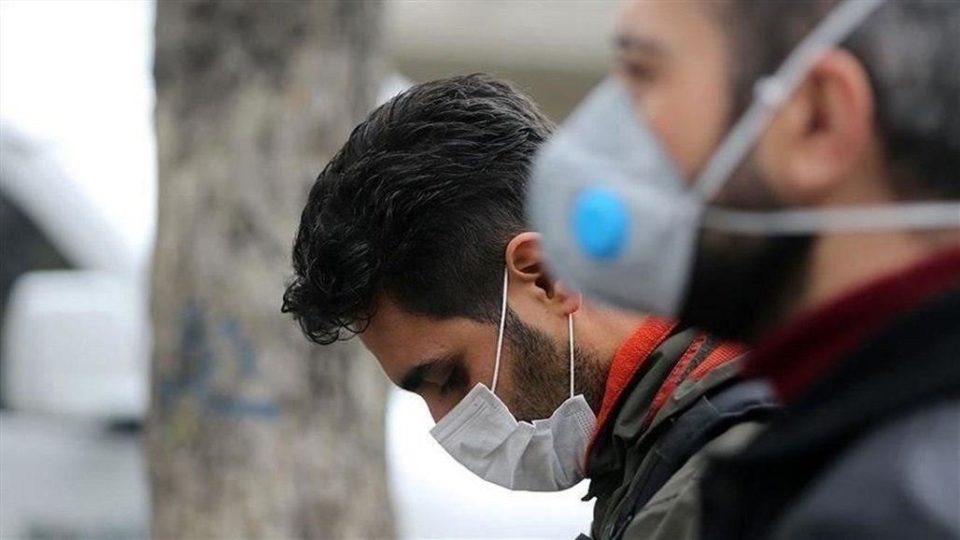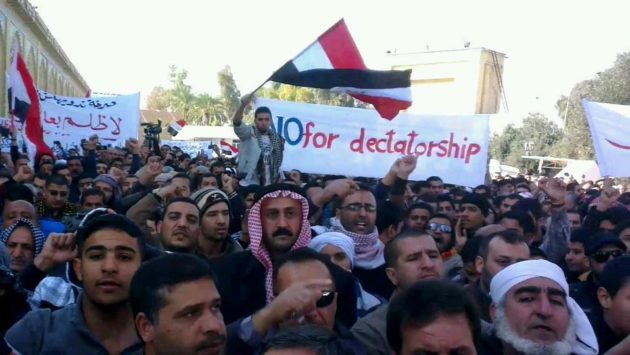The Foresight and Vision of the Shakofyan Development and Cultural Organization
The emerging COVID-!9 crisis in Anbar province: impacts and responses
The announcement by the World Health Organization on 11 March 2020 classifying the emerging Coronavirus/Covid 19 crisis as a global pandemic marked an unprecedented challenge to humanity, requiring increased efforts and at every level to confront the threat of the virus and limit its spread. This is especially urgent in countries with weaker health systems, and which face political, economic and social challenges. In an effort to monitor and report the number of infections and deaths since the arrival of the virus in Iraq, the Iraqi government has finally rushed to form a committee in charge of this: the Diwaniy Commission 55 for the year 2020, The Iraqi government was late in taking this important step, it did not take action before the the virus came to Iraq, and kept its borders and airports open for too much time. Fearing that it would disrupt work and production, the government has yet to address the economic and social repercussions that a large segment of Iraqi society will face. A comprehensive curfew was imposed from 17 March to 18 April, and more decisions impacting the lives of Iraqis will continue to be implemented as a way to reduce infection and bring down death rates.
After the outbreak of the virus in a number of governorates, the local government in Anbar Governorate rushed to form a special crisis cell to work in coordination with the Diwaniy Commission Committee 55, but this deals solely with health and neglects the need to form another emergency cell, one which can navigate the economic and social impact of the virus. This is especially important given that not much time has passed since the liberation of the province from the control of Daesh. The occupation by Daesh caused the destruction of infrastructure and pushed many sectors of the economy into crisis, the poverty rate increased to 17%, and there was a virtual army of unemployed people. There continues to be a dire humanitarian situation in the area, with thousands of people displaced and living in camps outside the cities. There is need for relief on all these fronts in the camps — health, economic, social — and it is urgent and ongoing if people are to be ensured of their safety and spared from hunger and disease.
The images of social solidarity which emerged in the governorate, in particular, the visions put forth by civil society movements and peace forums in Anbar inspire all of us and highlight our own responsibility to contribute all we can to reduce suffering brought by the current crisis. The efforts made by civil society organizations and volunteer teams working in relief-based fields are helping to address many of the problems people face by launching campaigns to collect donations and provide affected families with food, and raising awareness about the need to follow new regulations and procedures. The example of Anbar province reveals the speed in which civil society responded to the immediate and urgent needs within the governorate, needs that the government overlooked. While the success of civil society has been truly remarkable, its capacity to keep up this rate of relief work is unsustainable in the face of a crisis of this magnitude.
The health infrastructure in the governorate is not equipped to deal with the current crisis; previous wars have directly contributed to the suspension of many projects and the health sector has been hit particularly hard. Past wars have put some hospitals out of service which was a heavy burden for people, especially those living far from areas in the governorate where hospitals remained open. Simply put, the governorate does not have enough hospitals, and those it does have are not adequately funded and supplied. There is also a lack of health personnel available to work. This is an enormous worry, especially given the absence of any plans or mechanisms in place to address the problems.
If we turn to look at the state of education, like many other countries worldwide, the Iraqi government has disrupted study in educational institutions, and committed students e-learning. Schools and universities were left responsible for choosing the appropriate way to communicate with students but in this, the government missed the critical fact that internet service is weak and expensive. This makes the continuation of study nearly impossible for some students and faculty. Those who are unable to afford the high cost of internet at home will be deprived their right to education. The relevant authorities in the governorate are not doing enough to address these issues.
Even given existing problems, the situation the province faces might still be considered better than the rest of the Iraqi provinces, especially because of the precautionary measures taken by the crisis cell and the commitment of citizens — despite insufficient resources and support — to work together to prevent the arrival of the virus and to limit its spread. On the other hand, there continue to be many and varied problems that require a serious and united response, including taking the following steps:
- Forming a special emergency committee to address the economic and social repercussions and ensuring civil society a key role in it.
- Launching a government relief campaign with the contribution of civil society to support the affected groups and ensuring their access to all cities of the governorate.
- Allocating an amount of 200 thousand dinars per month for a period of 3 months for unemployed workers and people with special needs.
- Relieving the displaced, providing them with urgent health care and ensuring their voluntary return to the areas from which they were displaced.
- Supporting farmers with seeds, fertilizer and kerosene to meet the needs of the governorate.
- Launching more ration cards materials, increasing the provisions available and improving their nutritional value.
- Controlling prices, especially food, gas and oil.
- Ensuring the right to education work by finding alternatives that are appropriate to the state of the province and ensuring that all students are covered for the costs of their courses of study.
- Providing healthcare staff and ensuring that they are equipped with materials designed according to international standards to confront the virus.
- Providing hospitals, especially in remote areas and away from the governorate center, with equipment and medical supplies and increasing numbers of health staff.
In conclusion, we affirm the importance of citizens’ commitment to abide by the rules of the quarantine, and to raise awareness about the importance of staying at home to avoid the danger of spreading the virus, allowing as many as possible to come out of the crisis unharmed, with law enforcement upholding the rights and freedoms of citizens.
Greetings and our deep thanks to the health and security staff and to all who contribute to our protection.
Shakofyan Development and Cultural Organization
13 April 2020



